The UK’s Marine Safety Agency (MSA) publication, Code of Safe Working Practices for Merchant Seafarers (COWSP), originated in 1974. It provides best practice guidance that supports not only UK regulation but also underpins the globally enforced International Ship Management (ISM) Code, International Ship Security (ISPS) Code and Maritime Labour Code (MLC). As such, a copy of COWSP ( referred to below as ‘the Code’) will frequently be found on board merchant ships of every flag, manned by multinational crews. This Risk Bulletin is focused on ensuring that Maritime Mutual members, their ship managers, masters and crews understand that, regardless of the flag their ships fly, they may be legally obligated to have the latest edition of the Code both on board and in their management offices.
The new 2017 edition of the Code (labelled as the 2nd amendment to the 2015 Edition) was released on 26 January 2018. It includes 27 chapters covering every aspect of shipboard health, safety and security explained in plain English. It’s updated by the MSA on a regular basis and in collaboration with experienced shipping industry professionals and organisations. Accident and illness trends and new regulations are taken into careful consideration. Recent amendments include information on the use of sunglasses to protect sight, the dangers of ‘dry ice’ and safe entry to small craft.
Printed copies of the Code are available from chart agents everywhere at a cost of about GBP 40.00. The good news is that due to the UK MSA’s concerns that all seafarers should have ready access to the Code, the entire text of the new 2017 edition is available for free as a pdf. The pdf format is quite basic and some of the process flow diagrams are not as sharp as they should be. The printed version therefore presents the best option.
Shipowners, ship managers and ship masters should note that on board UK flag vessels it is mandatory to carry at least one printed copy of the Code as well as provide ready access to the entire crew through internet connection. On all other flag ships, the requirement to carry a printed copy of the Code or provide other ready access is not mandatory except in one particular instance. This is when the Code and its application on board is specifically referred to in the ship’s ISM Code SMS procedures manuals. Many well-known flag states, including Singapore and the Marshall Islands, enforce this strict provision.
Many Class and flag state approved SMS manuals, regardless of the ship’s flag or crew nationality, make a direct reference to the Code and its application as providing the operational guideline for the maintenance of crew health, safety and security. As such, the requirement to ensure access to ships’ crews of a copy of the latest edition of the Code – whether printed, electronic or both – is very widespread. Further, Port State Control (PSC) Inspectors will almost certainly look to ensure that the ships they inspect are in full compliance with this obligation.
In summary, Maritime Mutual members should check whether there is any legal obligation for their ships to be provided with an original and printed copy of the new 2017 edition of the Code of Safe Working Practices. If there is, due to flag state requirements relating to references to the Code in their ship managers and shipboard copies of the ISM Code SMS manuals, then new editions of the Code should be ordered and distributed as a matter of priority.
Finally, whether ships are obligated by law to carry printed copies of the Code or not, Maritime Mutual recommends to its members that the latest edition of this very useful best practice manual on crew health, safety and security is made readily available to their ship managers, masters and crews. Its content and shipboard implementation will assist compliance with the ISM and ISPS Codes and the MLC Convention and enhance a positive and profitable safety culture both on board your ships.

